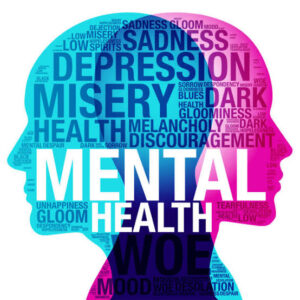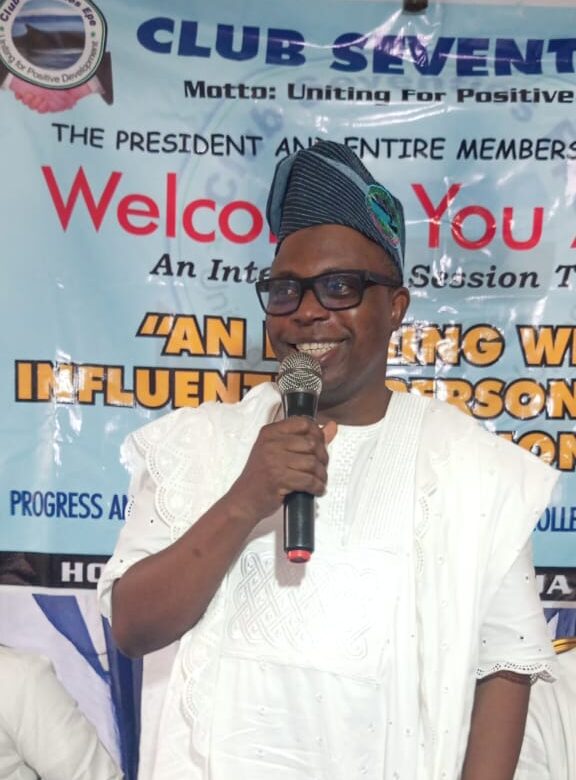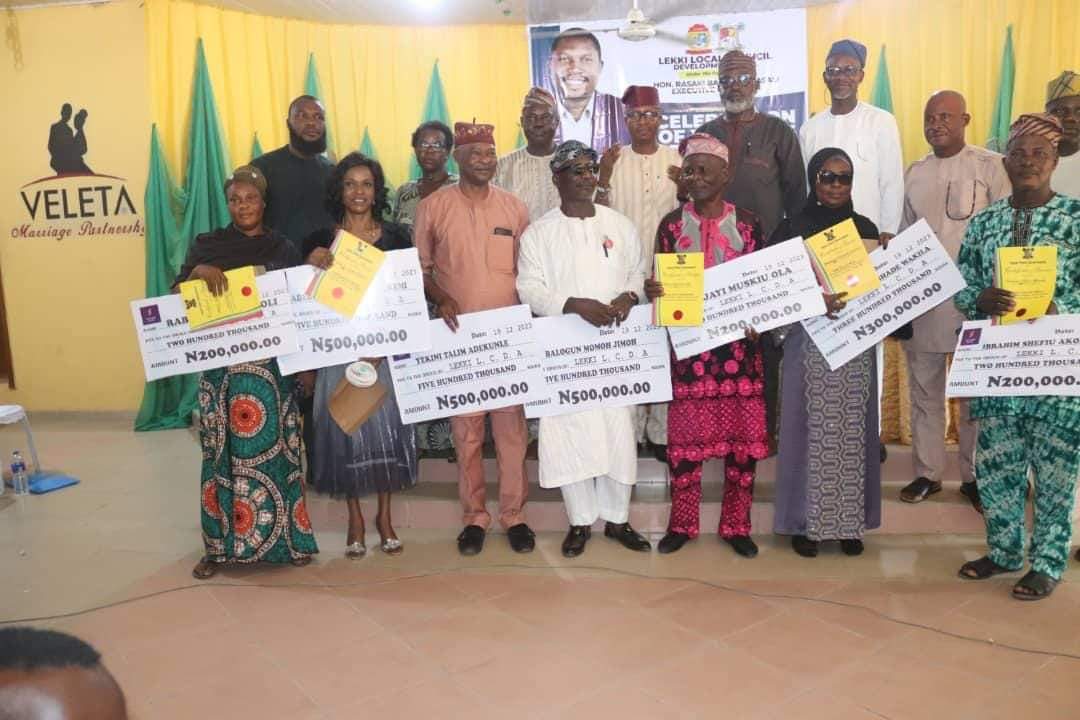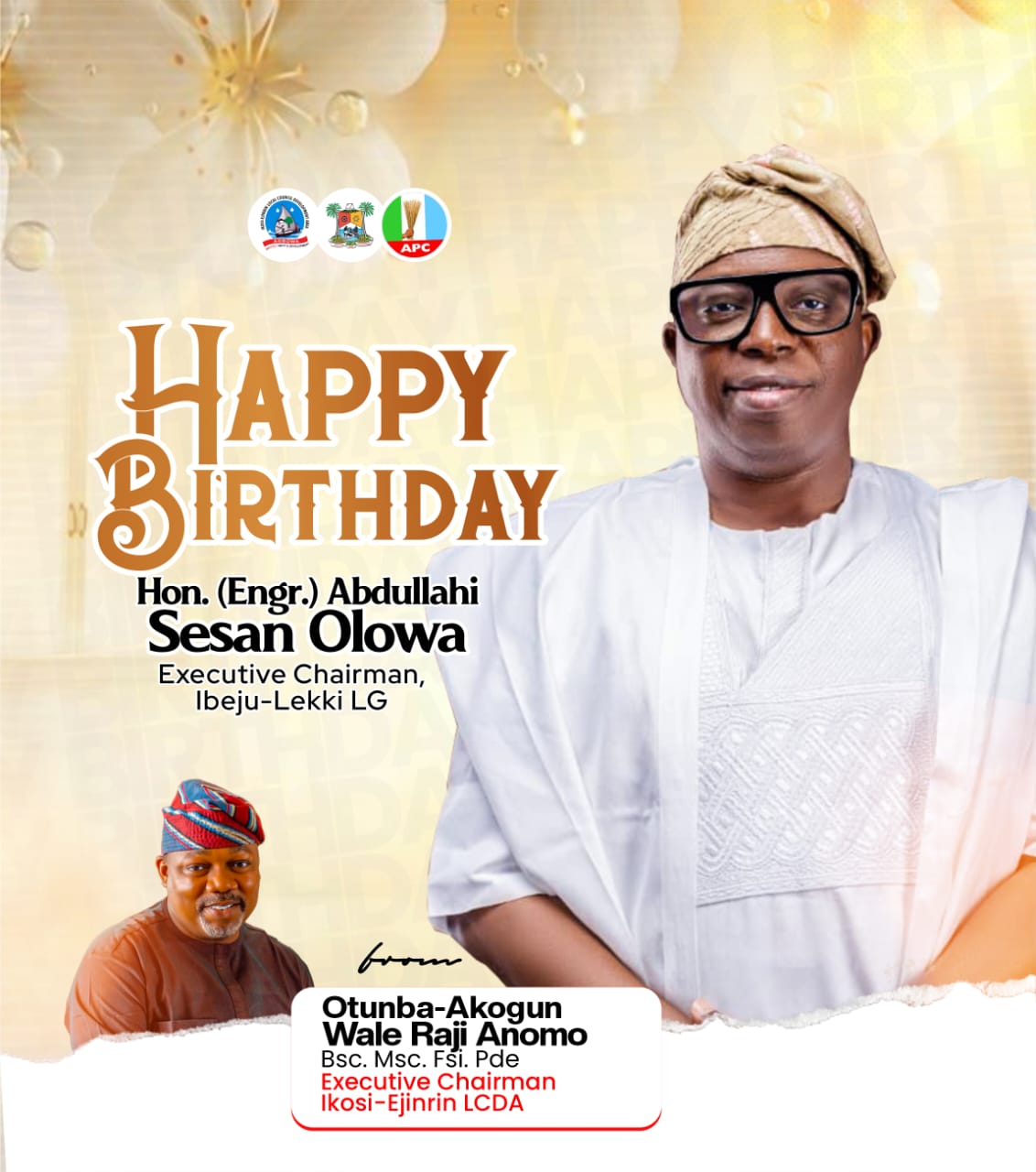By Ayoola Precious, Department of English, LASUED.
Mental health issues are quietly ravaging our society, yet they often go unnoticed. Defined as a state of mental wellness that enables individuals to handle life’s challenges, mental health is crucial for people to thrive and positively impact their communities. However, when mental health deteriorates, it profoundly affects how individuals think, feel, and behave, often harming their physical health as well. Despite its significance, mental health is routinely neglected, overshadowed by the stigma and misconceptions that persist around mental disorders.
In our society, mental illness is frequently misconstrued as a sign of weakness. There is an underlying, damaging belief that one should be able to “snap out of it,” and failure to do so suggests personal fault. This perception has dangerous implications, especially for vulnerable groups like teenagers who are at high risk of developing mental health issues. Educational institutions play a crucial role in safeguarding students’ mental health, yet many still fail to provide the support and understanding required.

Teenagers, grappling with feelings of inferiority and insecurity, often face significant mental health challenges. These factors, if left unaddressed, can stifle their emotional and social development, robbing them of their confidence and independence. To combat this, it’s essential to foster environments that encourage self-belief and resilience among young people.
Mental illness doesn’t just affect individuals—it creates enormous social and economic burdens. From healthcare and education to law enforcement and social services, the ripple effect of mental health issues is far-reaching. Common disorders like anxiety, mood disorders, and behavioral problems disrupt the lives of many adolescents, often leading to tragic outcomes. Shockingly, suicide is the second leading cause of death among young people aged 15 to 24, illustrating the urgent need for effective mental health interventions.
Societal factors, including poverty, violence, and economic inequality, further exacerbate mental health challenges. Yet, positive influences like supportive social interactions, quality education, and safe environments can significantly mitigate these risks.
The statistics are staggering. In the United States, one in three young adults between the ages of 18 and 25 experiences mental illness. Among these, one in ten suffers from a serious mental illness, and approximately four million have serious thoughts of suicide. Depression, anxiety, and substance abuse are the most common issues plaguing this age group, underscoring the need for comprehensive mental health support systems.

The impact of mental disorders is vast, contributing to homelessness, unemployment, substance abuse, and family conflict. Yet, these challenges are not insurmountable. By seeking help, maintaining healthy relationships, managing stress, and acknowledging that mental health issues are real and treatable, individuals can reclaim control over their lives.
The mind is one of the body’s most powerful organs, regulating the functioning of all other systems. When mental health falters, the entire body suffers. To lead fulfilling lives, we must prioritize both mental and physical well-being, recognizing that they are inseparable. True health is achieved only when both are in harmony, and society must work towards creating an environment where individuals feel safe to seek help without judgment.

Therefore, the time has come to break the silence on mental health. Understanding the gravity of mental illness and treating it with the same importance as physical health is crucial. By doing so, we can build a healthier, more compassionate society that empowers everyone to live their best lives.




